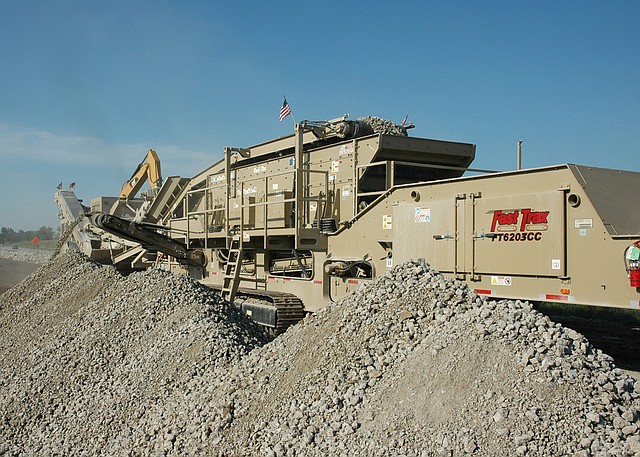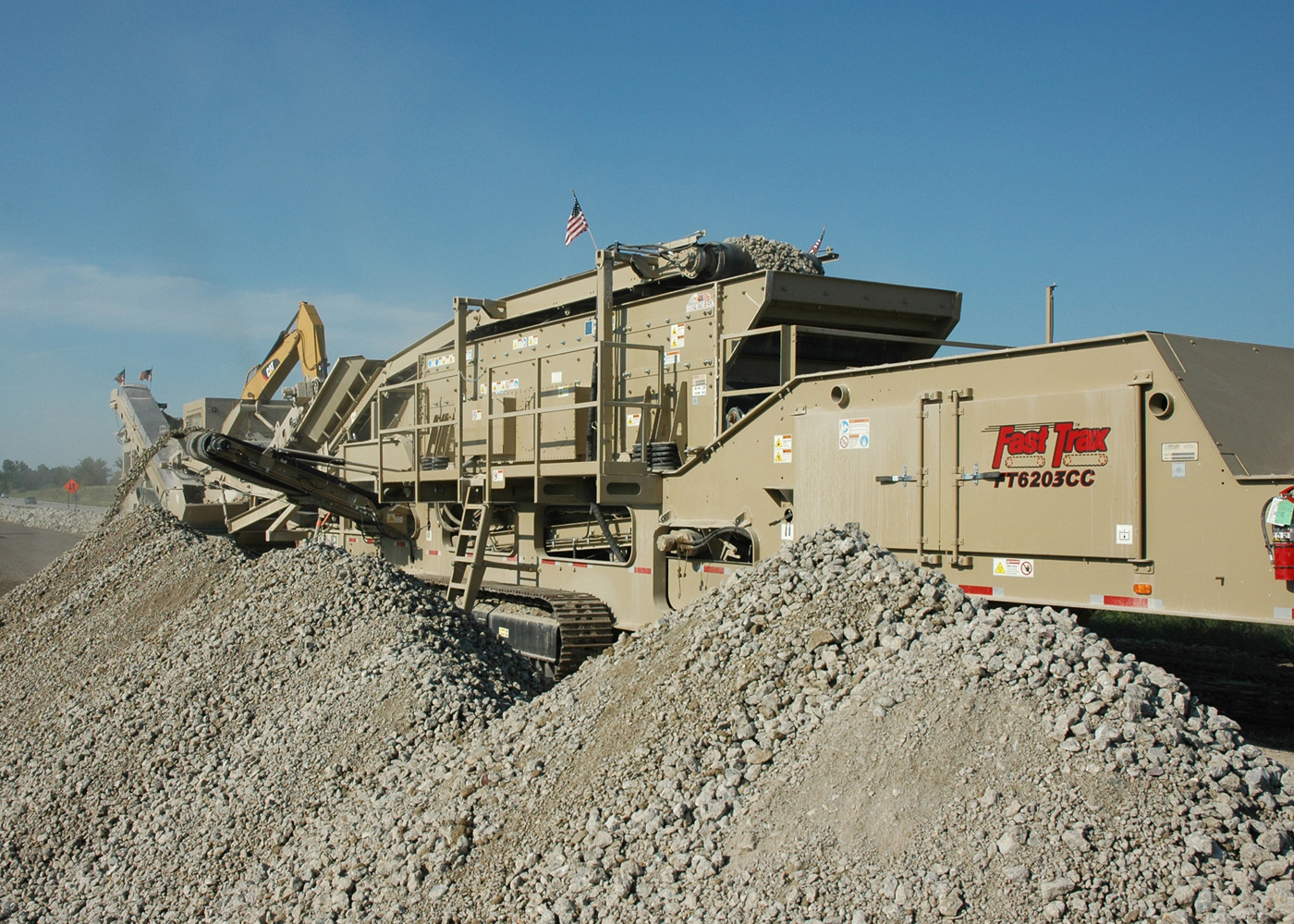Shrunken prospects demand ingenuity and innovation from Chattanooga businesses
Sunday, February 12, 2012
Business owners say they faced a choice during the recession.
Adapt or disappear.
Owners across the Chattanooga area say they decided to overhaul their business models to survive the Great Recession and its aftermath, and to match the persistent forward march of technological progress.
As a result, many of the businesses emerging from the worst economic downturn in decades are far different from what they were before the recession hit four years ago.
"In the majority of markets, not changing will be a course to failure," said Jay Jolley, head of the EMJ Corp. construction company.
The economy appears now to be bouncing back, but it won't be business as usual for many companies whose operators found they needed a permanent metamorphosis for long-term success.
Riding out the recession wasn't enough for many. Instead, several said that to stay afloat they fundamentally revised what they do and how they do it.
EMJ goes green as retail line ratchets down
Jay Jolley, CEO of EMJ Corp., watched his business shrink by half between 2007 and 2009.
The construction company was considered among the most accomplished shopping mall builders, with 80 percent of all work going toward large retail projects that brought in income of some $1 billion in 2007.
By 2009, company revenues had fallen to $500 million.
"We used to be very one-dimensional," Jolley said.
With retail construction falling dramatically, the company opened up the idea folder and launched, bought or bolstered new lines of businesses to stabilize income.
Now, the company has multiple divisions specializing in solar energy, hotel construction, government buildings and even a company that specializes in working with Native American groups on casino projects.
"Necessity is the mother of invention, and obviously when retail started going down, that's when we said OK, we've got all these great ideas so let's go water and fertilize them," he said.
As a result, revenue in 2011 climbed 40 percent from 2010, he said, as the company's percentage of retail and mall construction fell to 40 percent from 80 percent.
And instead of focusing on large retail work, EMJ offers all sorts of construction management services on jobs of all sizes, in addition to its typical role as a large contractor.
"A successful company that sells a car also does maintenance, does warranty work, they lease, they rent, they provide a car in a lot of different ways," Jolley said. "That's what we do."
Even with the expiration of some government solar subsidies, Signal Energy CEO Ben Fischer is confident that the company can top $100 million in revenue in 2012.
"From a cost perspective, wind energy blows everything else away, and solar is close to being competitive," Fischer said. "The price of a solar plant is a third of what it cost a few years ago."
East Ridge car dealership survives on rentals
At Tweety's Automart in East Ridge, car sales hit the brakes in 2009.
"There were days when we weren't sure we were going to make it," co-owner Wes Williams said. "We realized we had to make some changes or we wouldn't survive."
As a buy-here, pay-here dealer, Automart relies upon new buyers of its used cars and ongoing payments from those who have already bought their car and are financing the purchase through the dealership.
"A lot of our clients lost their jobs or had to work fewer hours and make less money when the economy slowed," said Todd Watkins, Williams' brother-in-law and co-owner.
The solution for the 21-year-old family-owned dealer was to try renting cars, as well as selling them.
The rental car venture began with four cars and a sign hung out on Ringgold Road to promote the rental car business. After buying another East Ridge car rental business, Donna's Rent-a-Car, Automart has grown its car rental business to include a fleet of nearly 50 late-model used cars.
"We decided to offer the same service to people that needed to rent a car, but did not have a credit card," said Terry Smith, a finance consultant for the dealership. "That's surviving!"
Astec adapts with wood pellets
When the U.S. and state governments started to run out of money during the recession, new road construction slowed down dramatically.
For Astec Industries, which derived 85 percent of its revenue from public and private infrastructure projects, the indefinite postponement of a new highway bill could have meant disaster.
Astec makes the machines that power infrastructure projects all over the world, and when road construction slows down, so does the demand for Astec's machines.
But instead of digging in its heels, Astec hit the gas on its energy and mining products, which have grown dramatically.
"We have challenged our companies to pursue more than one end market," said Steve Anderson, vice president of administration and director of investor relations.
The company still maintains what he calls "a dominant share" of the asphalt market, but began looking toward ways it could use its heavy technology toward green energy projects and the gathering of precious materials.
"Over the last few years, the private work has decreased because real estate has been down," Anderson said. "But parts of the world that have natural resources and commodities such as oil and gas seem to have weathered the recessions better than others, and a lot of our existing product lines can be used in those industries."
For instance, acquisitions in the mining sector meant that before Astec entered, there was only one other major equipment supplier. Miners were happy when Astec's equipment gave them another option, Anderson said.
Further, new U.S. rules mandating cleaner coal energy have pushed Astec to create a massive prototype system for a wood pellet machine. The wood pellets can be substituted for coal in the coal plant, up to about 20 percent of its fuel load, Anderson said.
"In a large coal plant, you can put scrubbers on it, but in some of smaller ones you can't, so this makes cleaner emissions more viable," he said.
In 2011, the company's product mix was 65 percent infrastructure, down from 85 percent 15 years ago. The balance is made up of mining and energy. Over the next five years, Astec will continue to adapt, with about 40 percent of sales from infrastructure, 30 percent from mining and 30 percent from energy-related products, Anderson said.
"We think these other areas have got great opportunity to grow in the future," he said.
Chattanooga builder outwits recession with apartments
John Wise built his construction business developing single-family homes and condominium projects.
But when the housing slump hit, the Chattanooga builder gave up on the condo market and shifted to building apartments. In the past couple of years, Wise has built or is now developing nearly $50 million of apartment complexes and is planning even more. Wise is now building four apartment complexes in Chattanooga and another in Knoxville and is looking at another site in East Brainerd.
"We were doing condos all over town, but the economy shifted on us, and we had to adapt," Wise said. "People would prefer to rent, rather than to buy, right now because things are so unstable. People are moving into Chattanooga, but they aren't buying houses like they used to buy."
Wise said he is building more right now than he ever has.
"You got to go where the market is," he said.

